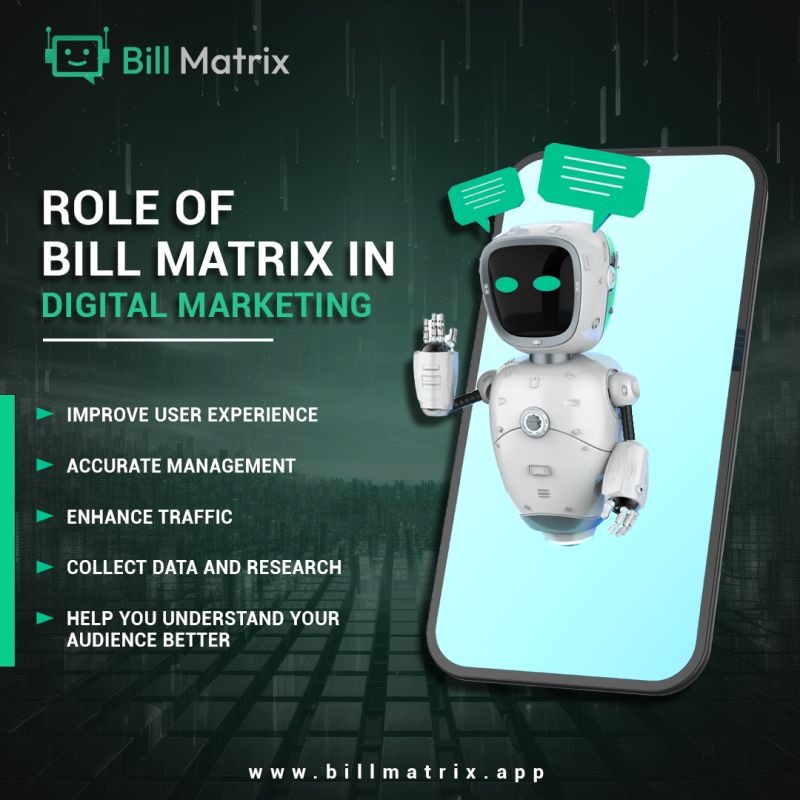In the digital age, where convenience and efficiency reign supreme, businesses are continually seeking innovative ways to enhance customer interactions. One such innovation that has garnered significant attention is the integration of artificial intelligence (AI) chatbot applications. These intelligent virtual agents are revolutionizing customer service and engagement across various industries, streamlining processes, and redefining the customer experience landscape.
Understanding AI Chatbots: The Evolution of Customer Interaction
AI chatbots represent a culmination of advancements in natural language processing (NLP), machine learning (ML), and cognitive computing. Initially, chatbots were simplistic, rule-based systems that could only respond to predetermined commands. However, with the advent of AI, chatbots have become more sophisticated, capable of understanding and generating human-like responses.
From Rule-Based Systems to AI-Powered Conversational Agents
Traditionally, rule-based chatbots followed predefined scripts, limiting their ability to handle complex queries or engage in meaningful conversations. With AI, chatbots leverage algorithms to analyze and interpret user inputs, allowing for dynamic interactions and personalized responses. This shift has enabled chatbots to adapt to diverse user queries in real-time, mimicking human conversation more effectively.
The Impact of AI Chatbots Across Industries
Enhancing Customer Support and Service
In the realm of customer support, AI chatbots have emerged as invaluable assets for businesses seeking to improve response times and streamline communication channels. These virtual assistants can address common inquiries, troubleshoot technical issues, and provide personalized recommendations, reducing the burden on human agents. By automating routine tasks, companies can allocate resources more efficiently and ensure round-the-clock availability for customer queries.
Revolutionizing E-Commerce and Retail
In the highly competitive e-commerce landscape, AI chatbots are transforming the way businesses interact with customers throughout the purchase journey. By integrating chatbots into websites and messaging platforms, retailers can offer personalized product recommendations, assist with order tracking, and facilitate seamless transactions. Moreover, chatbots equipped with natural language understanding capabilities can engage customers in meaningful conversations, guiding them towards informed purchasing decisions.
Optimizing Healthcare Services
In healthcare, AI chatbots are revolutionizing patient care and management by providing timely assistance and support. These virtual health assistants can schedule appointments, provide medication reminders, and offer basic medical advice based on user symptoms. By leveraging AI-driven diagnostics, chatbots can even assist in triaging patients and recommending appropriate courses of action, improving healthcare accessibility and efficiency.
Driving Financial Innovation
The financial sector has also embraced AI chatbots to enhance customer engagement and streamline financial services. Banks and financial institutions utilize chatbots for tasks such as account inquiries, transaction monitoring, and financial planning advice. Additionally, chatbots equipped with natural language understanding capabilities can assist customers in navigating complex financial products and services, fostering financial literacy and empowerment.
Challenges and Considerations
While AI chatbots offer numerous benefits, their implementation is not without challenges and considerations.
Data Privacy and Security
The collection and processing of user data raises concerns about privacy and security. Businesses must ensure compliance with data protection regulations and implement robust security measures to safeguard sensitive information.
Maintaining Human Touch
Despite advancements in AI technology, maintaining a human touch remains crucial for fostering genuine connections with customers. Balancing automation with human intervention is essential to prevent chatbots from appearing impersonal or robotic.
Continuous Improvement and Adaptation
AI chatbots require regular monitoring and updates to remain effective in addressing evolving user needs and preferences. Businesses must invest in ongoing training and optimization to enhance chatbot performance and user satisfaction.
Future Outlook: Expanding Horizons of AI Chatbot Applications
Looking ahead, the potential applications of AI chatbots are limitless, with advancements in AI-driven technologies fueling further innovation. As AI continues to evolve, chatbots will become more adept at understanding context, emotions, and intent, enabling richer and more natural interactions with users. Additionally, the integration of AI chatbots with emerging technologies such as augmented reality (AR) and virtual reality (VR) holds promise for immersive and interactive customer experiences.
Conclusion
In conclusion, AI chatbot applications are reshaping industries by revolutionizing customer interactions and engagement. From enhancing customer support and service to driving financial innovation, chatbots are streamlining processes, optimizing workflows, and redefining the customer experience landscape. While challenges remain, the transformative potential of AI chatbots is undeniable, promising a future where intelligent virtual agents seamlessly integrate into our daily lives, enriching human-machine interactions and driving business success.


No comments yet